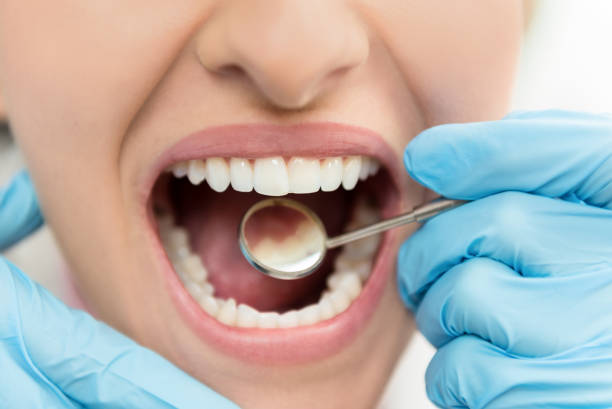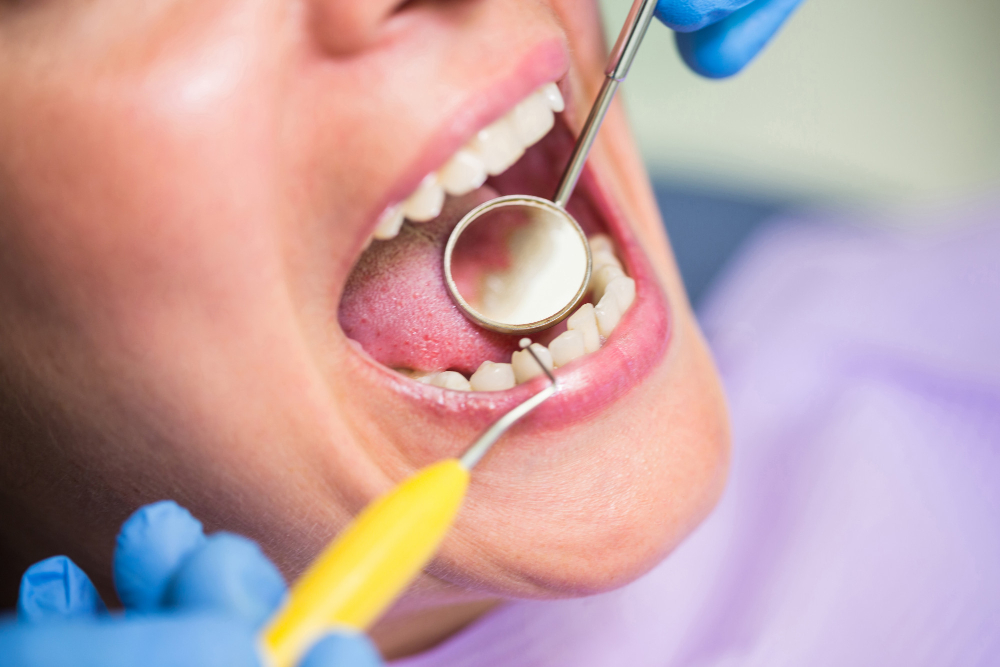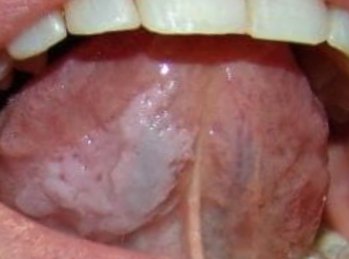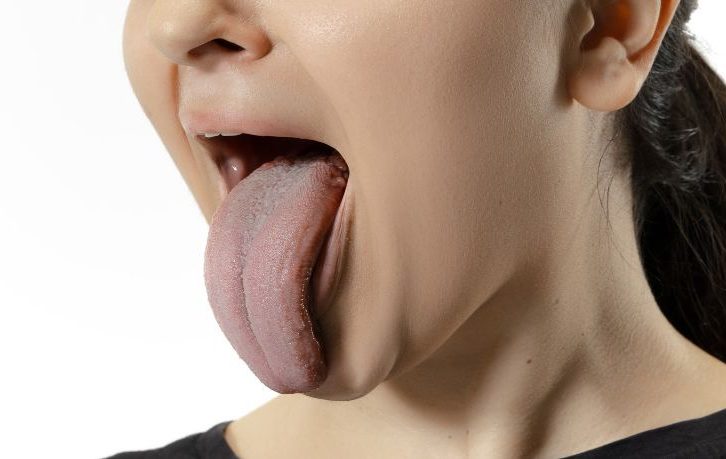
What is oral mucosa?
Oral mucosa is the skin or mucous membrane which covers the inside of the oral cavity apart from the teeth.
The oral mucosa performs various functions. One of the primary functions of oral mucosa is protection. It protects the underlying tissues of the oral cavity from mechanical forces, microbes, and toxins. It covers the gums, cheeks, lips, tongue, and roof of the mouth. The second function of oral mucosa is the secretion of saliva. It lubricates the oral cavity, builds immunity, and helps indigestion.
Oral mucosa is also richly supplied by nerves and is sensitive to pain, touch, temperature, and taste. The specialised oral mucosa of the tongue consists of taste buds and is responsible for various taste sensations. Oral mucosa also performs the function of thermal regulation.
Common conditions and diseases affecting the oral mucosa
Many infective, autoimmune, precancerous, and cancerous conditions can affect oral mucosa. Below we will briefly discuss some of the most common diseases and conditions affecting the oral mucosa.

Mouth ulcers
Aphthous ulcers, commonly known as mouth ulcers or mouth sores, are small painful and recurrent ulcers that affect the oral mucosa covering the cheeks, gum, tongue, roof of the mouth, and even the lips. Aphthous ulcers can occur singularly or in multiples. They have a clean, reddish and inflamed border with a yellowish-white centre. Mouth sores usually heal by themselves within a week or two; however, in some cases, they can progress and cause excruciating pain. Our dentist may prescribe you a benzocaine gel to numb the area and help the ulcer heal. In some cases, antibiotics and corticosteroid gels may be prescribed. Mouth sores can occur due to stress, nutritional deficiencies and hormonal changes. There also may be an underlying condition that causes repeated oral sores. Vitamin B12, zinc, folate and iron supplements can also help prevent future breakouts.

Oral lichen planus
Oral lichen planus is an autoimmune condition of the skin which generally affects females. It produces purplish discolouration of the mucosa with white interlacing patterns. It can also cause ulcerations of the mouth. Oral lichen planus requires prompt diagnosis and treatment by our specialist board certified dentist. Oral lichen planus can cause a burning sensation in the mouth.

Oral submucous fibrosis
Oral submucous fibrosis (OSMF) is a condition of the oral mucosa, which also has malignant potential. The oral mucosa undergoes fibrotic changes and becomes stiff. This can lead to reduced mouth opening and burning sensation of the mouth, a common complaint of people suffering from OSMF. The primary risk factor of OSMF is known to be areca nut and tobacco. The oral mucosa affected by OSMF appears white and blanched. It can involve the cheeks, tongue as well as the roof of the mouth.
Since this disease has malignant potential, you must seek an emergency dental consultation. If you are experiencing any of the symptoms of oral submucous fibrosis, schedule an appointment with us at our dental clinic at the earliest.

Leukoplakia
Leukoplakia is also known to have a malignant potential, but it is now debatable. It appears as whitish patches on the oral mucosa. This condition needs to be diagnosed by our board-certified dentist. In some cases, they may also advise a biopsy to rule out any malignant conditions. Tobacco consumption and smoking have been linked to leukoplakia.

Candidiasis
Candidiasis or oral thrush is an infective fungal disease of the oral cavity. It appears as thick whitish patches on the cheeks and tongue and gives a cottony feeling in the mouth. It can cause redness, pain and burning sensation and can also lead to foul breath. In severe cases, candidiasis can even progress to involve the back of the throat, the roof of the mouth and the tonsils. Although oral thrush can occur in anyone, it is more common in individuals with lower immunity. Medical conditions like diabetes, HIV-AIDS, chemotherapy for cancers weakens the immune system and predisposes the individual to opportunistic infections such as oral thrush.
If you are experiencing any of the symptoms of oral thrush, consult our dentist today. You may need prompt oral prophylaxis and will be put on antifungal medications.

Geographic tongue
As the name suggests, the tongue’s surface shows migrating red and white lesions, which appears like the boundaries of a map. Although this condition is asymptomatic, a dental consultation is required for a thorough diagnosis and treatment.

Cancers of the oral mucosa
Oral mucosa can also be affected by oral carcinomas like squamous cell carcinoma. It generally presents as mouth ulcers that do not heal. This condition needs the urgent attention of our dentist. They will advise a biopsy and, upon confirmation, may refer to an oral surgeon for its removal.

When to see a dentist?
Many medical conditions can also present signs and symptoms in the oral cavity. If you notice anything out of the usual in your oral cavity and the inner lining of your cheeks, gums, tongue, the roof of the mouth or floor of the mouth, consult our specialist dentist today. Delaying a dental appointment and treatment can prove fatal in certain conditions of the oral mucosa.
If you are experiencing any of the symptoms mentioned above, it is your cue to schedule an emergency dental visit to our clinic. If you have any more questions or would like to know about our services, don’t hesitate to get in touch with us, and our team of outstanding dental professionals will be there to assist you.
